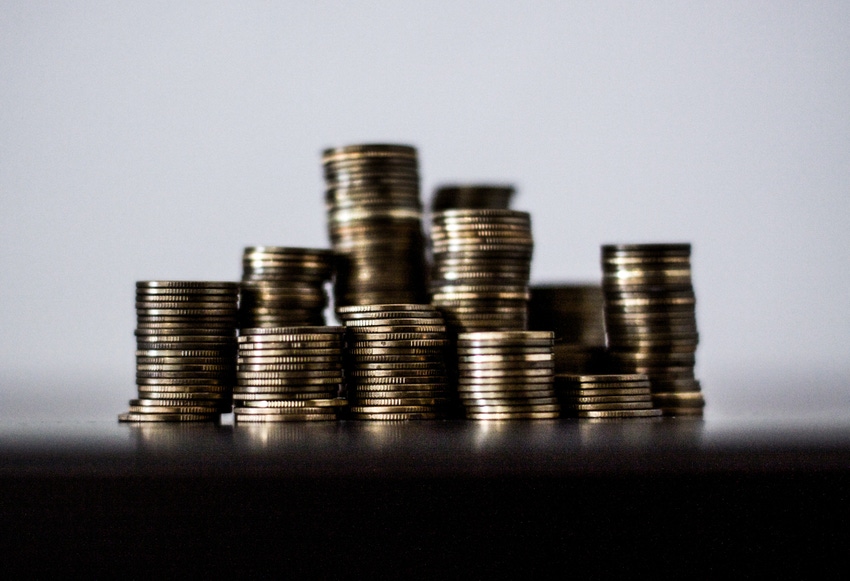ISRI is urging U.S. Mint to reinstate its coin redemption program and is offering its expertise to resolve any concerns with the program.

The Institute of Scrap Recycling Industries (ISRI) expressed concern over the announcement by the U.S. Mint to resuspend the Mutilated Coin Redemption Program and is offering its expertise to work with the agency to identify and resolve any concerns as quickly as possible. Along with the Mint, ISRI shares the goal of recovering and recycling coins while protecting the program’s integrity.
“After a three-year moratorium, ISRI worked with the U.S. Mint to get the Mutilated Coin Redemption Program reinstated at the end of 2017,” said Robin Wiener, president of ISRI, in a statement. “It is a major disappointment the Mint has once again suspended the program that is worth millions of dollars to the recycling industry. ISRI, on behalf of its members, is working to identify any issues the Mint may have with the program and will once again offer solutions to get the program reinstated as soon as possible.”
Recycling facilities across the United States have been recovering coins from scrap for decades. The coins come from loose change left in cars or that has fallen between the seats, money left in vending machines and coin-operated laundry machines and other sources. During shredding or other forms of processing, the coins fall free or are purposefully recovered. As recycling technology has advanced, the ability to accumulate coins in significant quantities has grown quickly and is an integral part of many recycling companies’ operations and product lines.
When the Mutilated Coin Redemption Program was originally resumed, the U.S. Mint also announced a number of important revisions including the establishment of procedures for certifying participants based on submission amounts and frequency, sampling submissions to authenticate material, conducting site visits for certain participants and requiring information about how the submissions came to be bent or partial. It was considered a major victory for the recycling industry, which had been stockpiling mutilated coins during the moratorium.
About the Author(s)
You May Also Like


